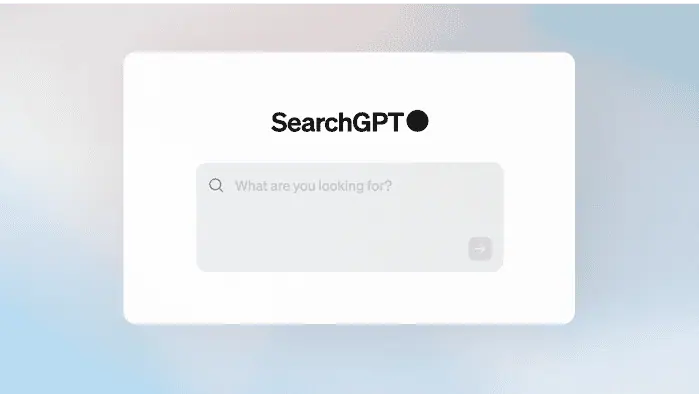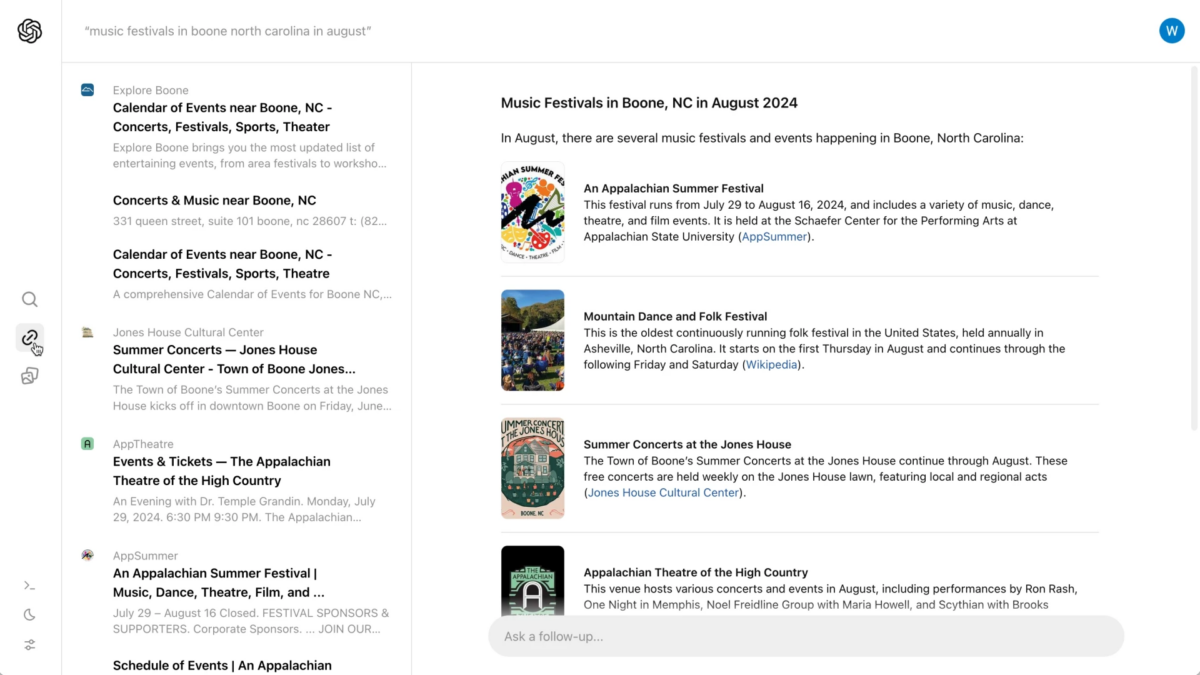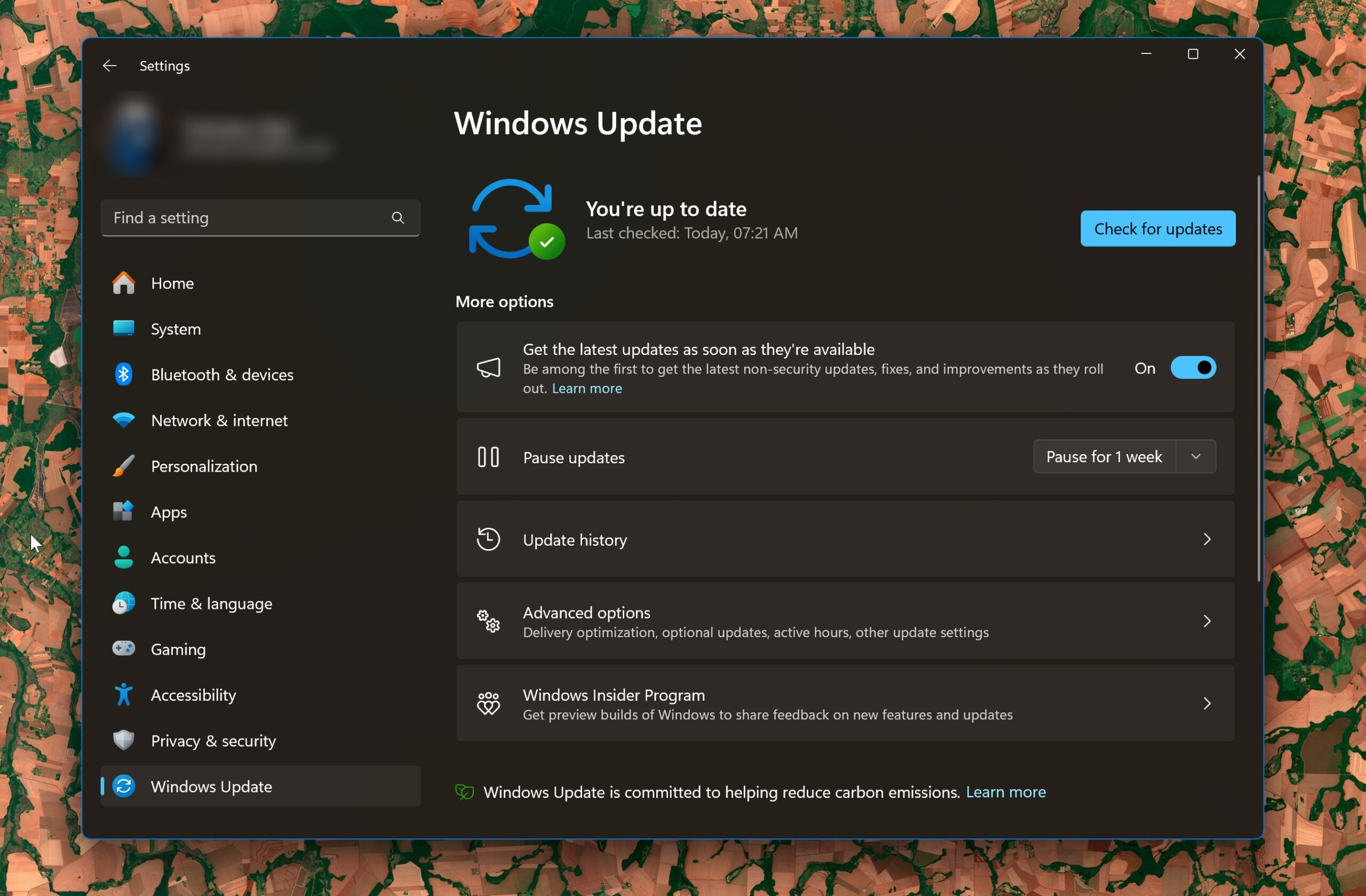Remember ChatGPT search engine rumor? It's now here, & it's called SearchGPT
The waitlist for SearchGPT is now open
2 min. read
Published on
Read our disclosure page to find out how can you help MSPoweruser sustain the editorial team Read more
Key notes
- After months of rumor, OpenAI announced SearchGPT, its hotly-anticipated ChatGPT search engine.
- SearchGPT combines OpenAI’s models with real-time web information.
- Gemini and Copilot also have similar capabilities, and it’ll be an interesting competition to see who offers it best.

The wait is finally over. After months of speculation, OpenAI has just announced SearchGPT, the hotly-anticipated “ChatGPT search engine,” which could potentially dethrone Google’s Gemini-powered Gemini Search.
The Microsoft-backed AI company said that it’s testing the prototype AI search tool, which gives you fast, accurate answers with clear, relevant sources by combining AI models with real-time web information. Initially available to a small group of users, you can also join the waitlist for SearchGPT by accessing OpenAI’s website.

“A prototype of new search features, using the strength of our AI models to give you fast answers with clear and relevant sources,” OpenAI describes.
SearchGPT also focuses on supporting publishers and creators by prominently citing sources and offering new ways to engage users. In its demo, OpenAI mentions that all the results will be cited and linked to the relevant sources.
Rumors of a ChatGPT search engine have been circulating on the net for quite some time. Folks first speculated that the hotly-anticipated feature was coming during OpenAI’s Spring Update, but instead, we had a humanoid Voice Assistant, the GPT-4o model, and the ChatGPT desktop app.
It would also be an interesting match-up indeed because Microsoft, OpenAI’s number-one financial backer, also has Copilot, and it’s already supporting web content via the Bing search engine.
Google also has something similar. Its AI-powered Gemini chatbot does connect to the web and it even has extensions for Maps, YouTube, Gmail, and more, but let’s be real, it’s still far behind OpenAI’s offering.









User forum
0 messages